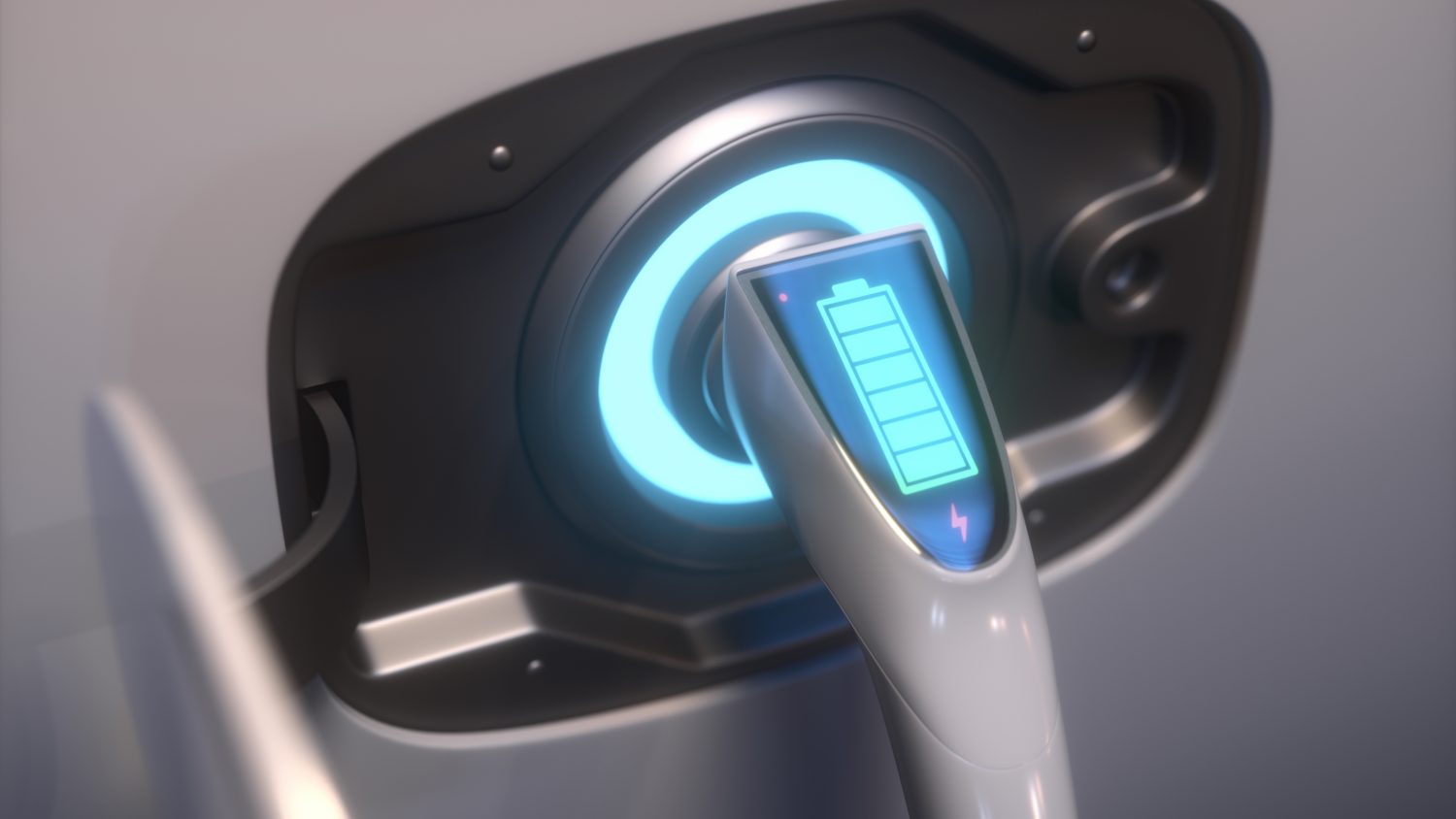
On the Dash:
- EV insurance premiums are 49% higher than for gas cars, adding $1,326 annually.
- Insurance rates for EVs vary widely by region, with high-adoption areas like California seeing lower costs.
- While EVs cost more to insure, savings on maintenance and fuel may offset some expenses.
While EVs cost more to insure, lower maintenance and fuel savings may partially offset long-term expenses, but high upfront and insurance costs remain a barrier.
The cost of owning an electric vehicle is climbing as drivers face insurance premiums averaging 49% more than those for gas-powered cars, according to data from digital insurance platform Insurify. On average, insuring an EV costs $4,058 annually, compared with $2,732 for a traditional vehicle.
Insurance for EVs is higher because they are more expensive to replace, more costly to repair, and often require specialized parts and labor for damage assessments and sensor recalibrations. A fender bender that would be a minor repair on a conventional car could require a lengthy and expensive fix on an EV.
Sign up for CBT News’ daily newsletter and get the latest industry stories delivered straight to your inbox.
Rates vary by region, with states that have lower EV adoption experiencing the highest premiums. In Arkansas and Idaho, full coverage for an electric vehicle can cost nearly twice as much as a traditional car. California, where EV adoption is high and infrastructure robust, sees premiums 15% to 31% higher than for conventional vehicles.
The rise in insurance costs comes amid broader economic pressures on the U.S. electric vehicle market. Tariffs on imports and the phaseout of federal EV tax incentives have pushed sticker prices higher.
Despite higher insurance costs, EVs generally require less routine maintenance and no gasoline, which can offset some long-term expenses. Popular models such as the Tesla Model X and Model 3 rank among the most expensive to insure, with the Model X averaging $4,765 annually for full coverage, a 36% increase from last year. Certain specialty insurers still exclude EVs from coverage, though most standard carriers now offer policies.
As EV adoption grows and repair networks expand, insurance rates may gradually decline. While initial costs remain high, ongoing savings in fuel and maintenance could help make electric vehicles more economically viable over time.
link






